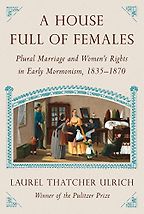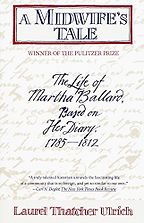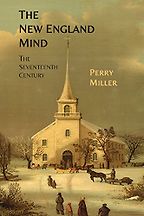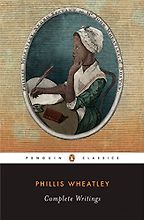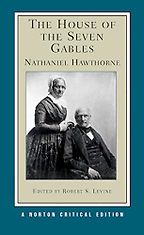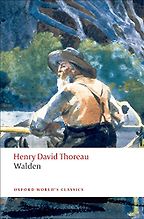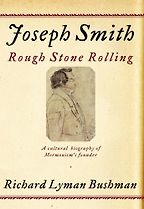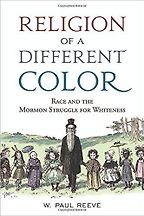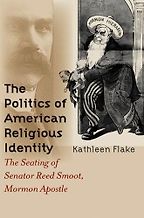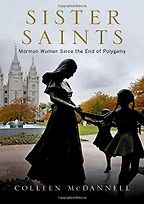Books by Laurel Thatcher Ulrich
“While the book does exceptionally well at unpacking the nuances of how polygamy operated from families where there’s just two wives connected to a struggling husband, to a commanding patriarch who has 50 wives, it really is also a social history of the day-to-day lives of the thousands and thousands of women who made Mormonism work.” Read more...
Benjamin E. Park, Historian
“Laurel, who taught at New Hampshire and then at Harvard, wrote this brilliant picture of rural New England life, set from the 1780s to the 1820 or so based on the diary of a midwife named Martha Ballard. It took virtuosic interpretive work to tease meaning out of the cryptic writings in this diary. She managed to assemble coastal Maine was like in this time period. You get a stunning portrait of what it was like to live in that time and place.” Read more...
Mark Peterson, Historian
Interviews where books by Laurel Thatcher Ulrich were recommended
The best books on New England, recommended by Mark Peterson
New England: it’s the northeastern-most region of the United States, encompasses six states, is slightly larger than England itself, and half of it is rural, remote Maine. Yale Professor Mark Peterson introduces us to the rich history of New England, going back to its Puritan roots and the Massachusetts Bay Colony.
-

1
Joseph Smith: Rough Stone Rolling
by Richard Lyman Bushman -

2
House Full of Females: Plural Marriage and Women’s Rights in Early Mormonism, 1835-1870
by Laurel Thatcher Ulrich -

3
Religion of a Different Color: Race and the Mormon Struggle for Whiteness
by W. Paul Reeve -

4
The Politics of American Religious Identity: The Seating of Senator Reed Smoot, Mormon Apostle
by Kathleen Flake -

5
Sister Saints: Mormon Women Since the End of Polygamy
by Colleen McDannell
The best books on Mormonism, recommended by Benjamin E. Park
The best books on Mormonism, recommended by Benjamin E. Park
Mormonism is an entirely home-grown American religion. Nevertheless, as historian Benjamin E. Park explains, it struggled to win social acceptance in the United States in the 19th and early 20th century and that marginalisation profoundly shaped its development and, to some extent, its doctrines.
